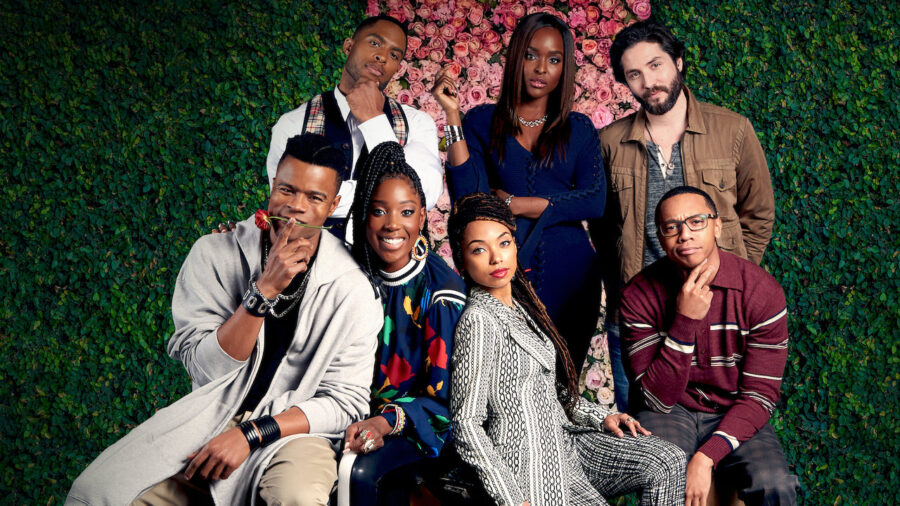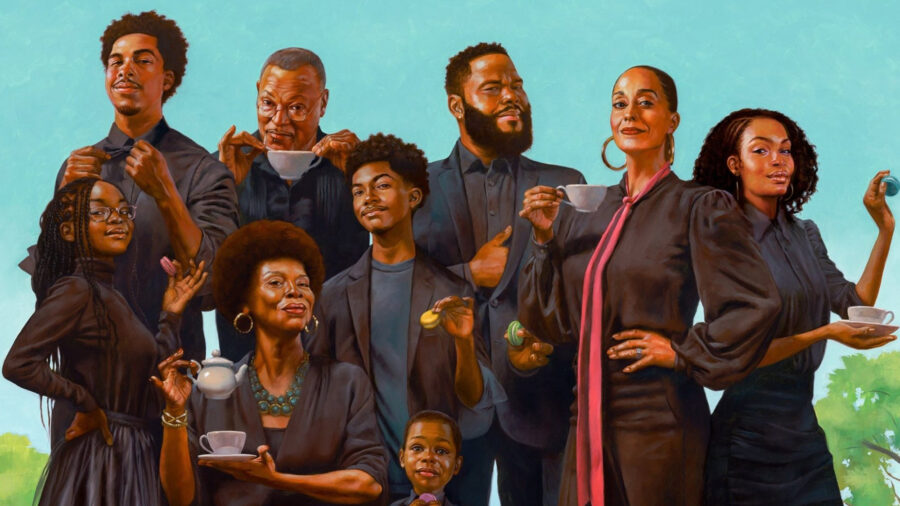Black Women More Likely To Be Portrayed As Smart On TV Than Others
Black women are portrayed as smart in movies and TV, but there are some other issues with representation.
This article is more than 2 years old

A study released Tuesday reveals that while Hollywood is showing some signs of progress in its depictions of Black girls and women, colorism is still prevalent in many of these portrayals and warrants our attention. However, there have been strides made thanks to how Black girls and women come across in regards to their characters’ levels of intelligence.
According to the Geena Davis Institute on Gender in Media, it is more likely that Black women will be portrayed as smarter in film and on television than other female characters of color. The institute conducted this research with help from USC’s Viterbi School of Engineering. The in-depth study has been touted as the first of its kind, deviating from previous studies that have grouped women and Black people separately.
Insecure, Dear White People, and Black-ish were all mentioned in the report as pieces of media that help combat white standards of beauty in simple but powerful ways. According to the study, this is “a positive shift given that Black women experience higher anxiety about their hair than women of other races/ethnicities and feel intense social pressure to straighten their hair.”

Among the study’s other findings was the fact that Black girls and women made up 6.1 % of all characters and 5.7% of leading characters in family movies released in 2019. But multiple instances of colorism were also found, with 80% of Black female characters reported to have light to medium skin tones. Another problematic trend the study took note of was the tendency for Black female characters in Hollywood to sport “European standards of beauty as opposed to natural Black hairstyles.” This means that many of these characters are not being portrayed with the kinds of aesthetics that embrace their Black heritage or culture, and instead are being tamped down in order to appeal to more non-Black ideas of attractiveness.
Of the new study, the institute’s founder, the Oscar-winning actress Geena Davis, said: “This revealing new study shows we need to be more aware of the persistence of stereotypes affecting Black girls and women — and avoid repeating those mistakes when making writing, casting, and other content production decisions. While it is encouraging to see some positive trends, it’s clear that much more work needs to be done to ensure that women of all backgrounds have the same opportunities when it comes to being depicted on screen.”
The study also found that Black women were far more likely to be shown nude and that they were usually depicted in a way that made them seem violent. Additionally, it reported that Black women and girls made up only 3.7% of leads or co-leads in the past decade’s 100 highest-grossing films. Also interesting was the fact that a mere 19% of Black leading ladies of the last decade had dark skin. This shows that while things are improving, there is still a long way to go.

With regards to why colorism is such a prevalent issue, Time said it best, “Skin color matters because we are a visual species and we respond to one another based on the way we physically present. Add to that the “like belongs with like” beliefs most people harbor, and the race-based prejudices human beings have attached to certain skin colors, and we come to present-day society, where skin color becomes a loaded signifier of identity and value.”
Geena Davis founded the institute back in 2004. It currently stands as the only research-based organization working directly with Hollywood to make this world a safer, kinder, more inclusive place.












